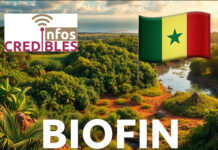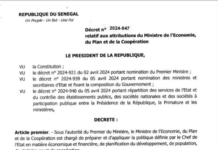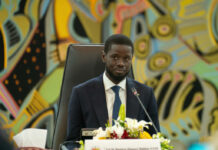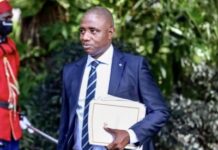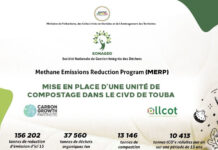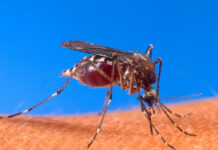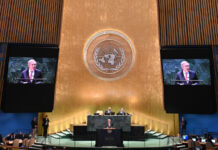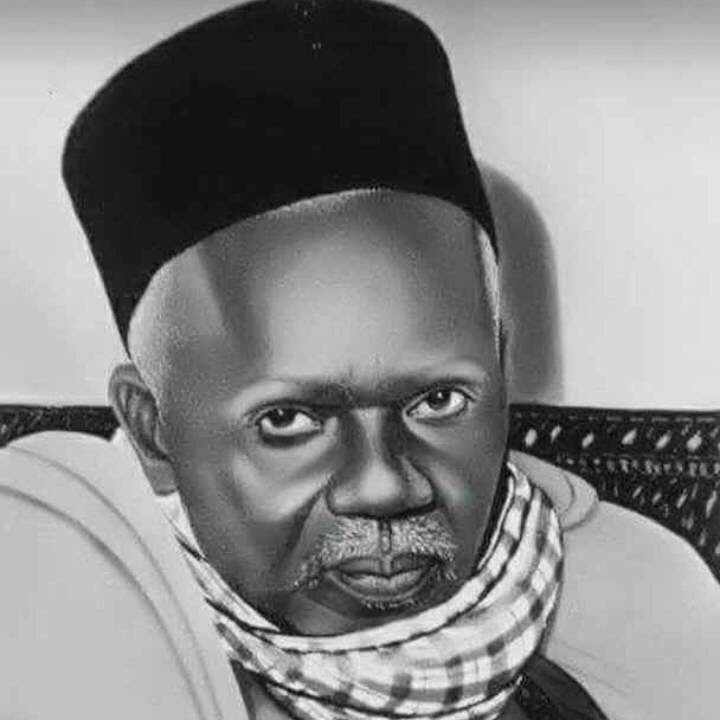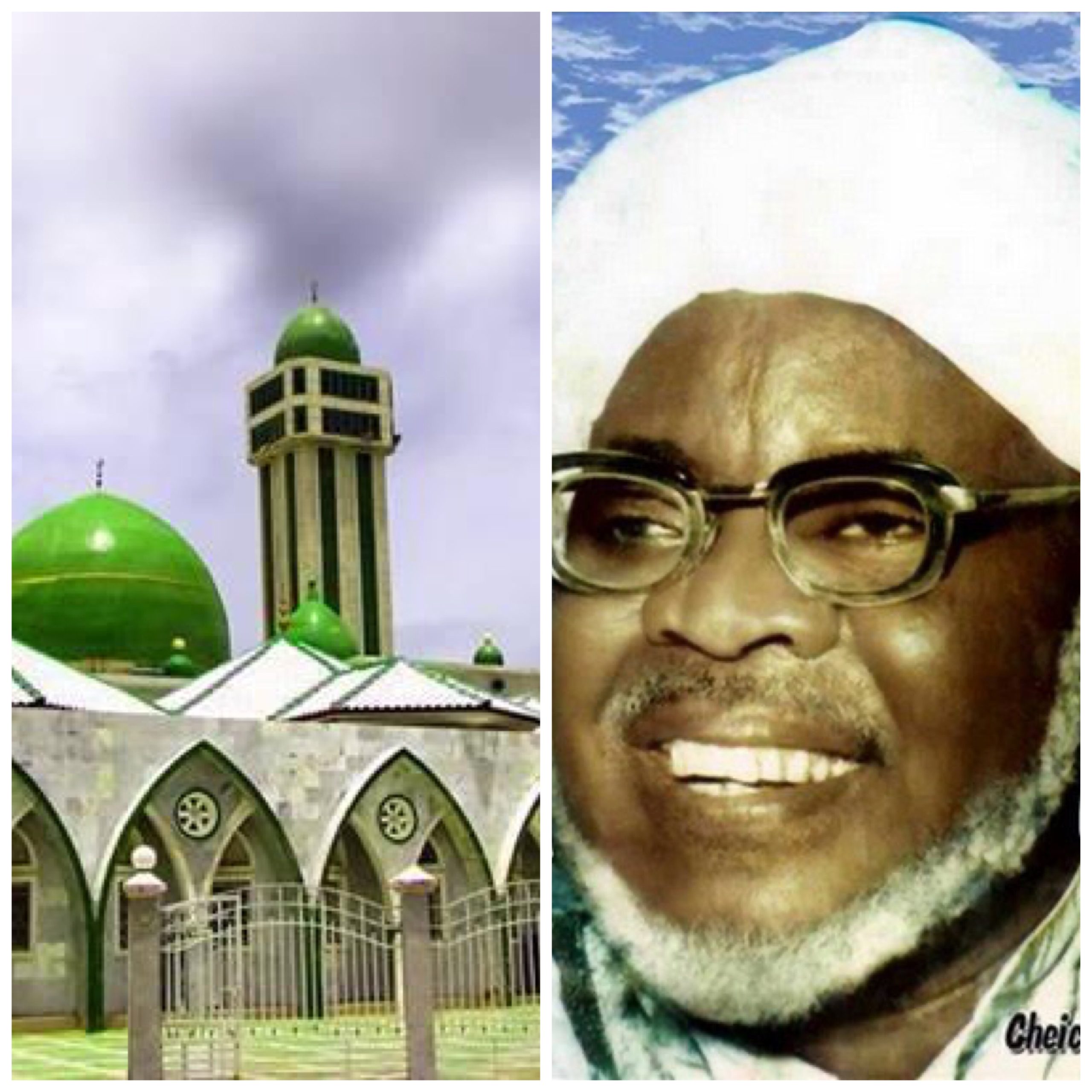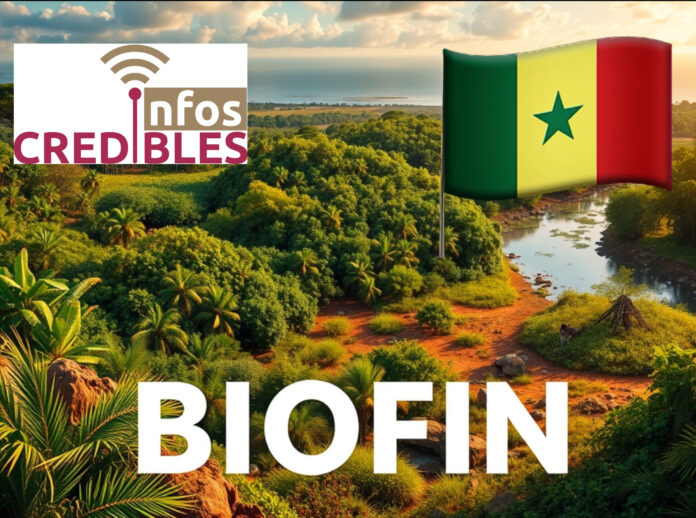
On April 23, 2025, Dakar will host the official launch of the Biodiversity Finance Initiative (BIOFIN), led by the United Nations Development Programme (UNDP) and the Senegalese authorities. This is a strategic initiative at a critical moment as the planet faces an unprecedented ecological crisis.
The latest IPBES report (2019) is unequivocal: one million species of animals and plants are threatened with extinction. Yet, funding remains far below what is needed. According to UNEP (2023), only $154 billion is allocated annually to nature, while the target for 2030 is set at $536 billion. The OECD, on the other hand, points to an annual financing gap exceeding $700 billion.
In the Global South, which is rich in biodiversity but poor in resources, the consequences are severe: a decline in ecosystem services, food insecurity, and land use conflicts. In sub-Saharan Africa, public spending on biodiversity does not exceed 0.1% of GDP, while economic losses due to ecosystem degradation can exceed 5% of GDP.
In response to this paradox, BIOFIN offers a technical and pragmatic solution. The initiative helps governments analyze their financial flows, identify inefficiencies, and redirect budgets toward biodiversity-friendly policies. It also promotes innovative mechanisms such as payments for ecosystem services, green taxation, and public-private partnerships.
Tangible results are already being observed. In Namibia, for example, the adoption of BIOFIN led to a 35% increase in funding for protected areas between 2016 and 2021.
Senegal boasts an exceptional natural heritage, including national parks such as Niokolo-Koba, the mangroves of Casamance, and the Saloum Delta, all of which are under significant pressure. A joint FAO-UNDP study (2022) shows that 80% of the coastal areas are ecologically vulnerable, and over 60% of environmental funding depends on external aid.
The integration of BIOFIN is thus a strategic turning point. It aims to close the financing gap, strengthen budget sovereignty over environmental policies, and integrate biodiversity into national economic planning.
Beyond the symbolic event in Dakar, Senegal’s adoption of BIOFIN aligns with the Global Biodiversity Framework adopted in Montreal in 2022, which calls for mobilizing $200 billion annually for nature by 2030. With its green budget under the 2050 agenda, Senegal joins a coalition of pioneering countries such as Mexico, Rwanda, and the Philippines, placing biodiversity at the heart of their development strategies.
Biodiversity is no longer just an ecological issue; it has become a cornerstone of economic stability, food security, and climate resilience. For countries like Senegal, it is also a matter of intergenerational justice. Zaynab SANGARÈ


